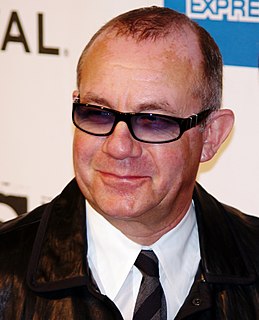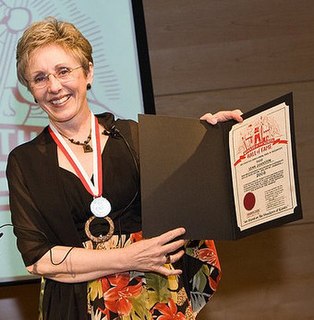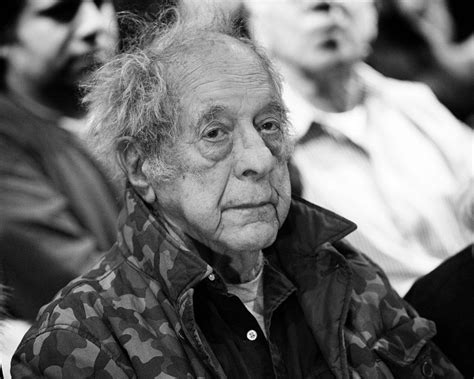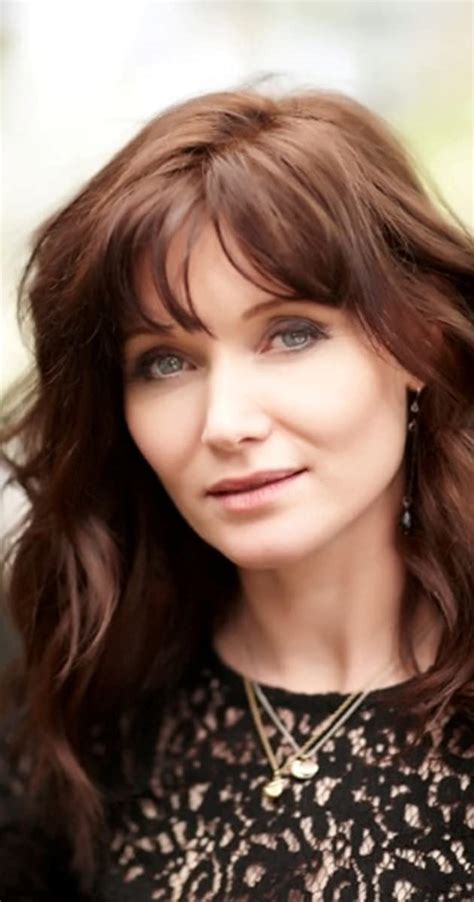A Quote by Alice McDermott
My own 'sentimental favorite' is always the novel I haven't yet written - I suppose that's the one I consider my 'masterpiece' as well.
Related Quotes
For me, the goal is always to write a novel that I myself would like to read. People frequently ask me what my favorite book is, and in effect, there's always a capital-F Favorite, capital-B Book that I would like to write myself someday. I try to go for that ideal of writing the best, most entertaining, most beautifully written book that I possibly can.
Every year I hear people complain that the quality of screenplays and movies is declining. In my opinion, the vast majority of scripts written - as well as most movies that are released - are not very original, well-written, or interesting. It has always been that way, and I think it always will be.





































